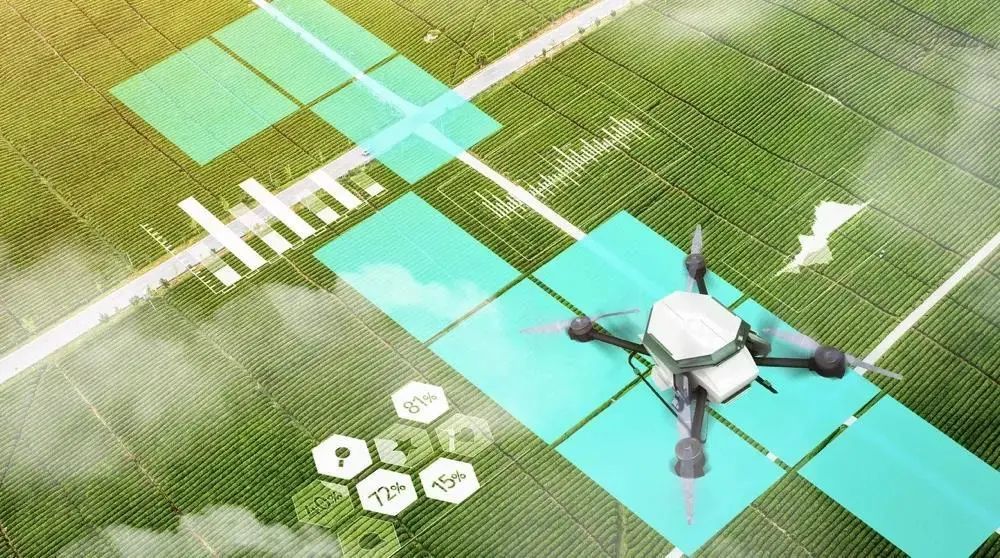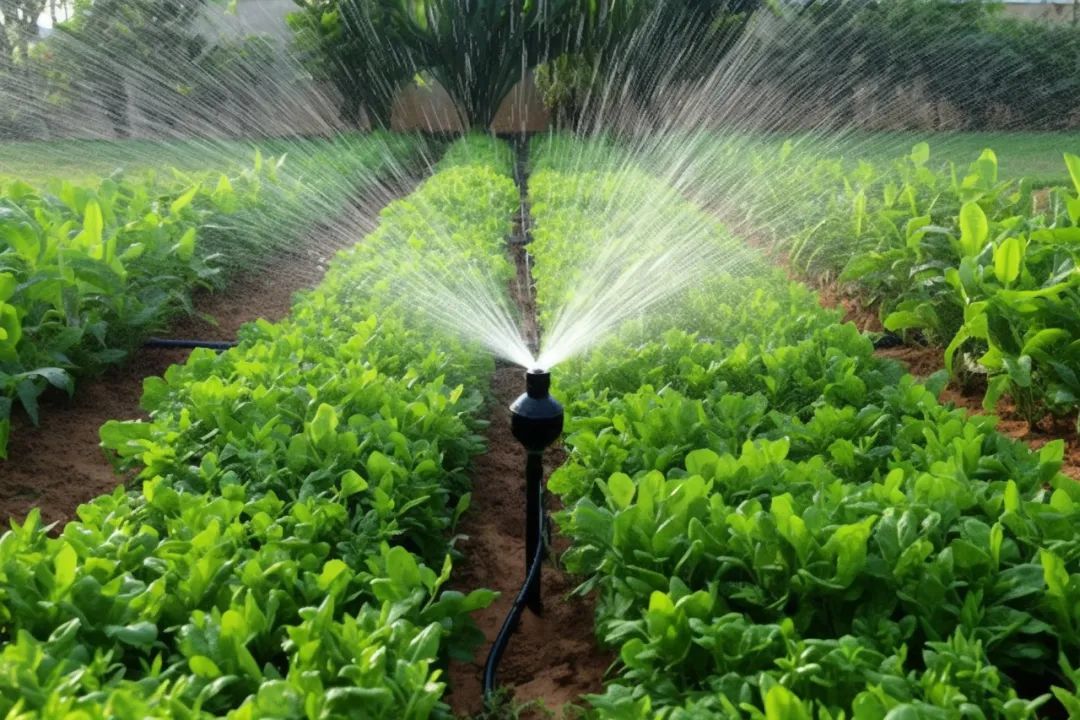How is AI being used in agricultural irrigation?
Published:
2024-01-29 15:42

AI technology is widely used in the field of intelligent irrigation. By using sensors to collect soil moisture, temperature, light and other data, combined with meteorological data and plant water requirement models, AI can monitor and analyze the water needs of plants in real time. Based on this data, AI can intelligently control the irrigation system, adjusting the amount and frequency of irrigation to meet the water needs of the plants and avoid wasting water resources and over-irrigation.
01 Application of AI in the field of intelligent irrigation
Forecasting and optimizing irrigation schemes: AI can build models to predict future weather and plant water requirements by analyzing large amounts of meteorological, soil and plant growth data. Based on these predictions, AI can optimize irrigation schemes to ensure that plants get water at the right time and in the right amount.
Adaptive irrigation adjustment: AI can automatically adjust the parameters of the irrigation system according to the growth stage, type and water demand characteristics of the plant. For example, for different crops, AI can intelligently adjust the amount and frequency of irrigation to meet their growth needs based on their growth cycle and water demand characteristics.
Fault detection and maintenance: AI can monitor the operation status of the irrigation system, detect faults or anomalies in time, and provide alarm and alarm information. This can help farmers identify and solve problems in a timely manner, reducing the downtime and maintenance costs of irrigation systems.
Data analysis and decision support: AI can analyze large amounts of irrigation data, including soil moisture, water consumption, etc., to provide decision support for farmers. Through data analysis, AI can help farmers understand the growth status of plants, irrigation effects, and water use in order to make adjustments and improvements.

02 Applications and technologies involved
Intelligent sensor technology: Sensors are a key component of intelligent irrigation systems. Through the use of various sensors, such as soil moisture sensors, temperature sensors, light sensors, etc., soil and environmental conditions can be monitored in real time. The data provided by these sensors can help AI systems more accurately judge the water needs of plants, allowing for precise irrigation.
Wireless communication technology: Data transmission and communication are required between sensors and controllers in intelligent irrigation systems. Wireless communication technologies, such as wireless sensor networks (WSN), Internet of Things (IoT), etc., can realize real-time data transmission and remote control between sensors and controllers. In this way, farmers can monitor and control irrigation systems anytime and anywhere, improving management efficiency.
Machine Learning and deep learning: AI can use machine learning and deep learning algorithms to analyze and learn from large amounts of data. By analyzing historical irrigation data, plant growth data, and meteorological data, AI can learn plant growth patterns and water demand patterns. Based on these patterns, AI can automatically adjust irrigation schemes to improve irrigation effectiveness and water use efficiency.
Water management and conservation: Intelligent irrigation systems can not only accurately irrigate plants according to their water needs, but also reduce water waste through data analysis and optimization. AI can intelligently allocate and adjust the amount of irrigation water according to the real-time water supply and plant water demand to achieve the purpose of water conservation.

03 Future technologies and trends
Edge computing: In intelligent irrigation systems, real-time data processing and analysis between sensors and controllers can be performed using edge computing, reducing reliance on cloud services and improving response speed and accuracy of irrigation decisions.
Integration of artificial intelligence and Big Data: The combination of artificial intelligence and big data technology can provide more powerful analytics and pre-capabilities for intelligent irrigation systems. By processing large amounts of historical and real-time data, AI can learn more accurate models and algorithms to provide more precise irrigation schemes and decision support.
Autonomous robotic irrigation: Robots can autonomously move, locate, and irrigate plants in the field based on AI algorithms and sensor data. This technology can improve the flexibility and efficiency of irrigation, reducing the need for manual labor.
In general, the application of AI in the field of intelligent irrigation can help farmers achieve intelligent irrigation management, improve water resource utilization efficiency, reduce production costs, avoid waste, and improve crop yield and quality. This is of great significance to the sustainable development of agriculture and environmental protection.
Recommended News



